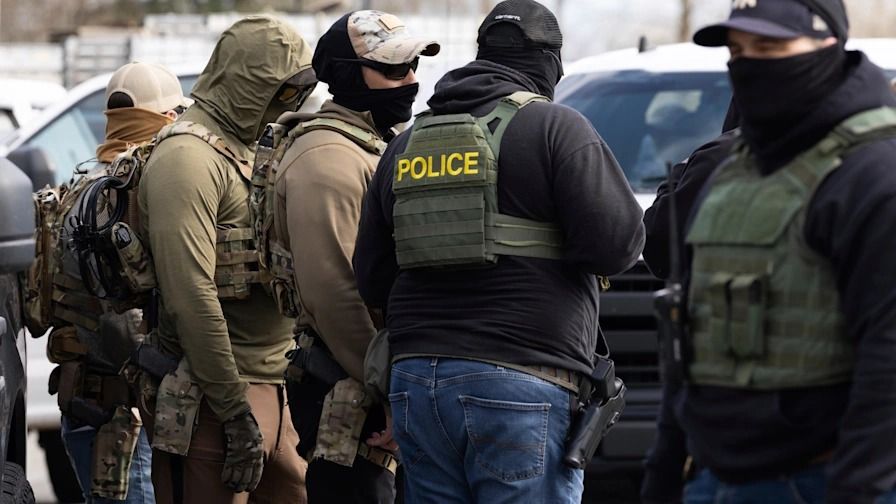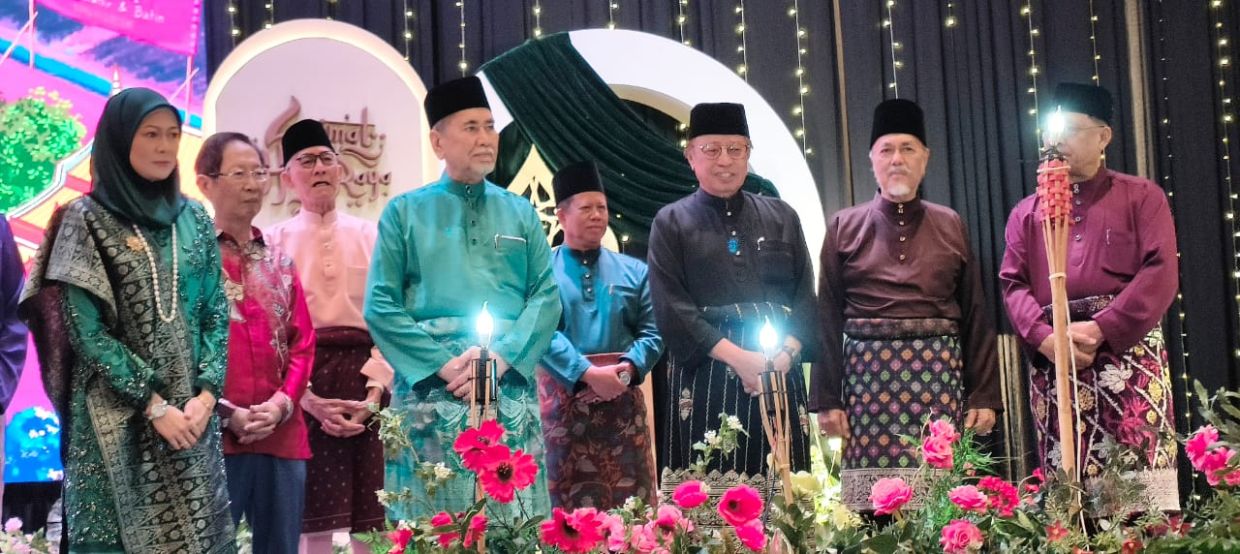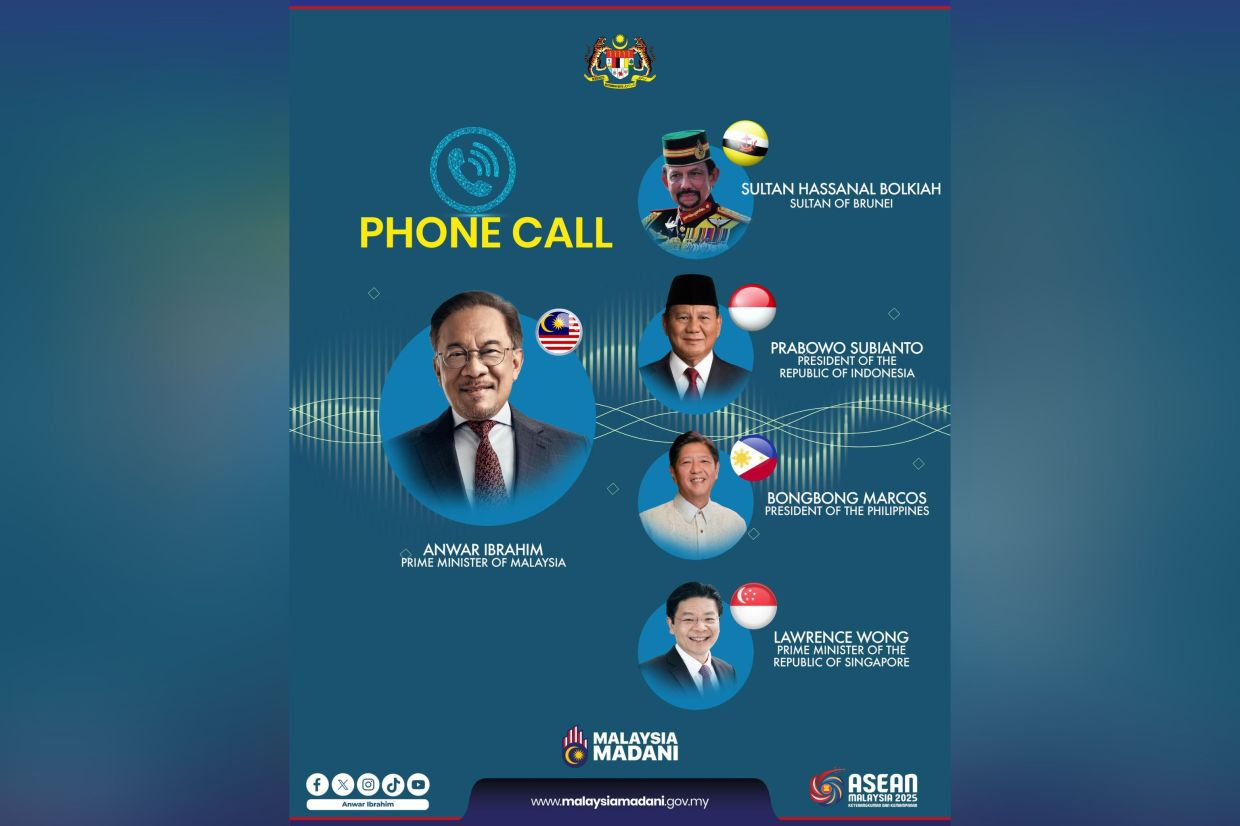
SINGAPORE/KUALA LUMPUR, Jan 3 (Agencies): As the strategic importance of the South China Sea (SCS) and Melaka Straits draws the attention of great powers, the Association of South-East Asian Nations (Asean) must be on guard by efforts to use the area to base nuclear weapons.
Failing this, the region could see its stability undermined and even a potential arms race, including Asean members, to counter the threat of such developments in waters claimed by multiple states including Brunei, Malaysia, the Philippines and Vietnam.
Save 30% and win Bosch appliances! More Info








































